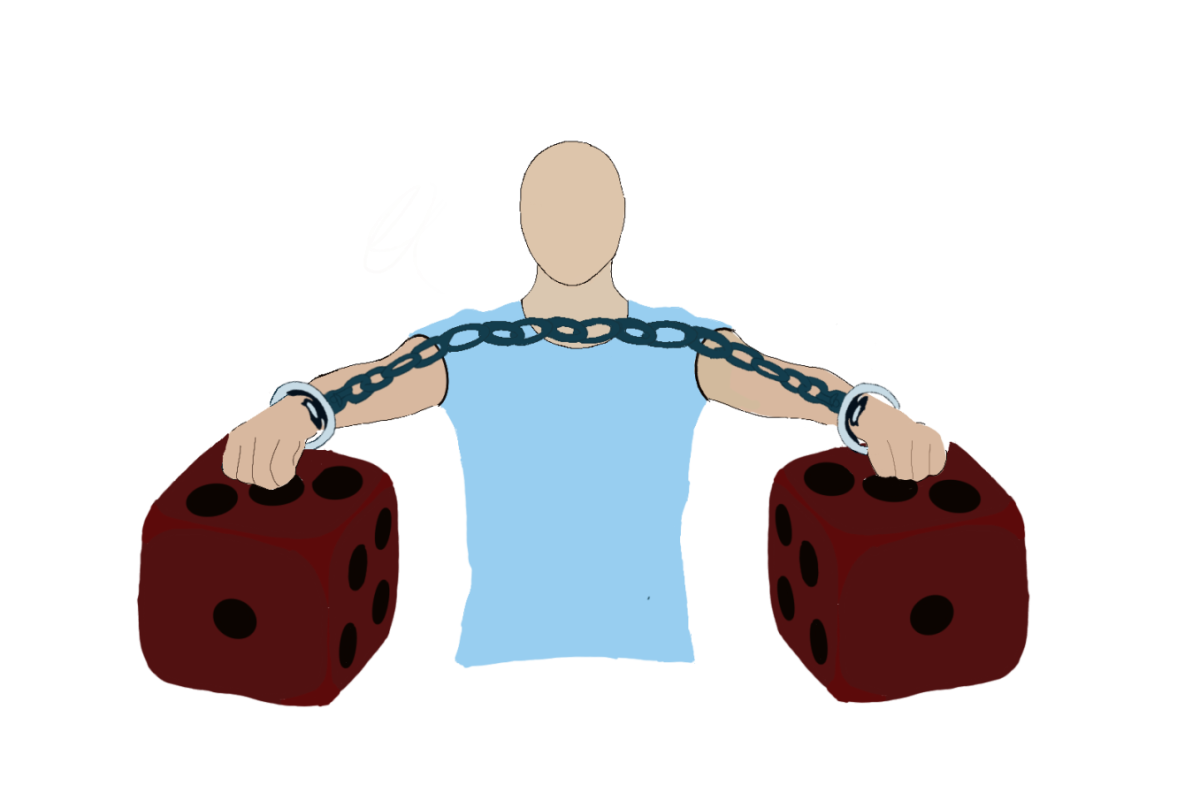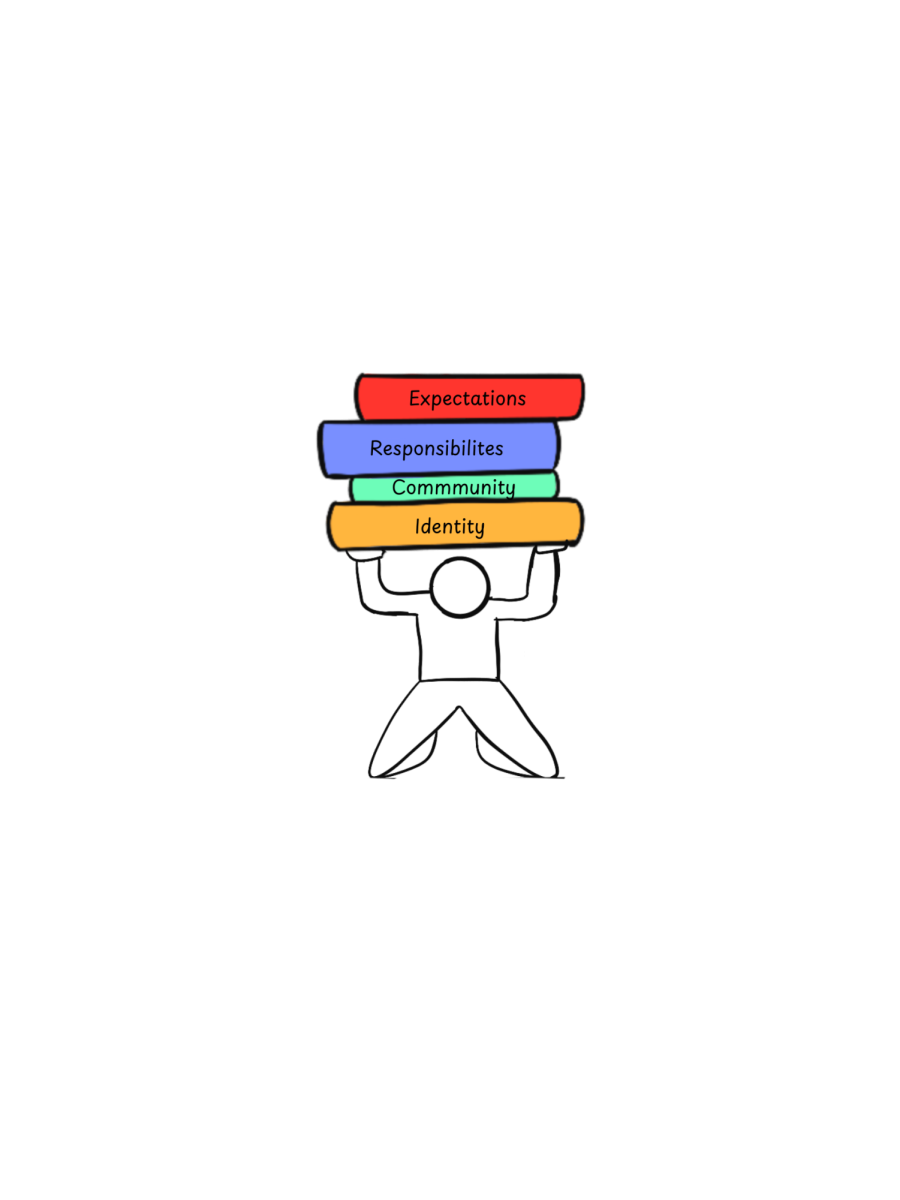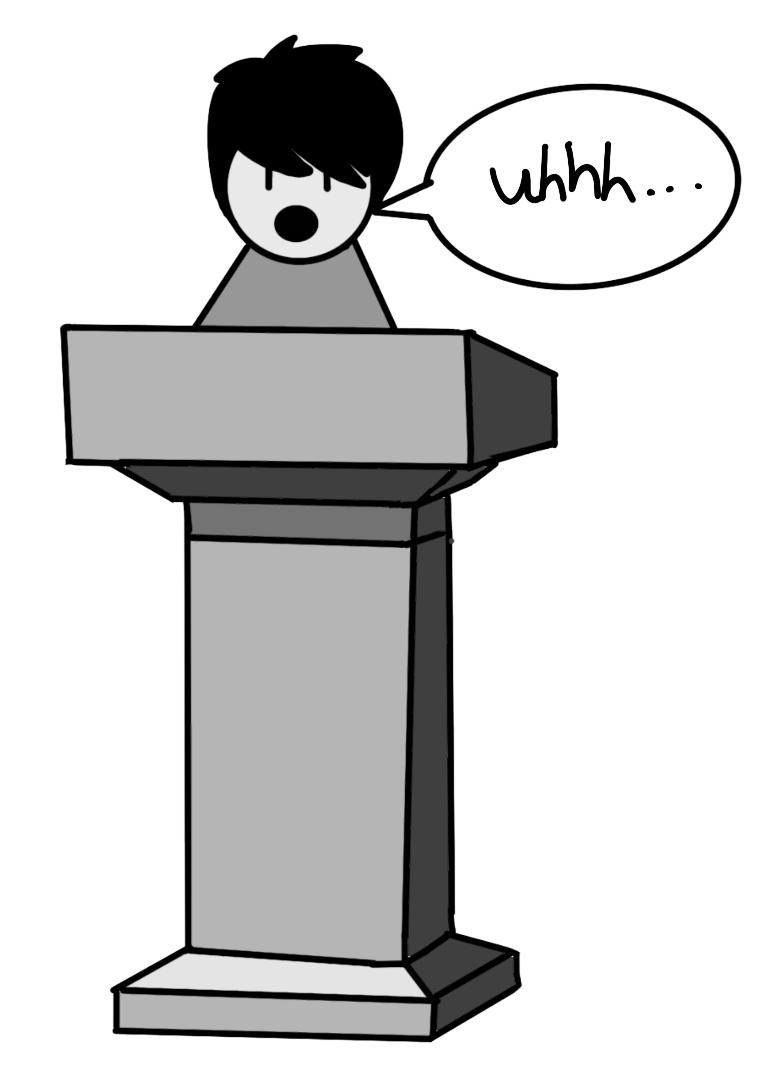For years now, women have outnumbered men in college. In a patriarchal society, this is hugely significant; knowledge is power.
In 2017, women made up 56 percent of students in college, according to the U.S. Department of Education. While this may not seem like a significant difference, that is 2.2 million more women than men.
The gender disparity, though it favors women, is a product of sexism. Gender norms hurt everyone. Although there are many factors affecting the disparity, such as high school graduation rates or a higher likelihood for men to enter prison, a large factor is unwillingness to enter female-dominated fields.
Women have been entering male-dominated fields at higher rates each year. Since Rosie the Riveter in WWII, women have succeeded in traditionally masculine careers, despite barriers against them. They have become doctors, lawyers, scientists and businesspeople. While these fields may still hold more men than women, women are present and rising, which can be seen in the U.S. Department of Labor Women’s Bureau’s annual statistics.
Meanwhile, few men seek female-dominated careers. Traditionally feminine fields such as teaching and nursing have very few males pursuing college degrees in the subject. This is seen in the workforce — according to the U.S. Census Bureau, 90 percent of nurses were women in 2011.
Essentially, women are expanding in career choices, while men refuse to. As a result, more men opt for careers that do not require a college degree but still fit into the traditional notion of masculinity, such as manufacturing or construction.
While no one should feel forced to attend college, men should not feel pressured into any career because of gender roles. The disparity in college attendance is one of many examples of the ways sexism hurts men. Males are conditioned by society to fit into the idea of masculinity, which is a very narrow and fixed concept. Even the traditionally feminine gender roles set for women have wider bounds allowing more freedom.
The point of feminism is not that more women should be in college than men, or more men should be in college. It’s not even that there should be an exactly equal amount of each gender in higher education. There shouldn’t be any societal barriers stopping anyone from pursuing what they truly want.








